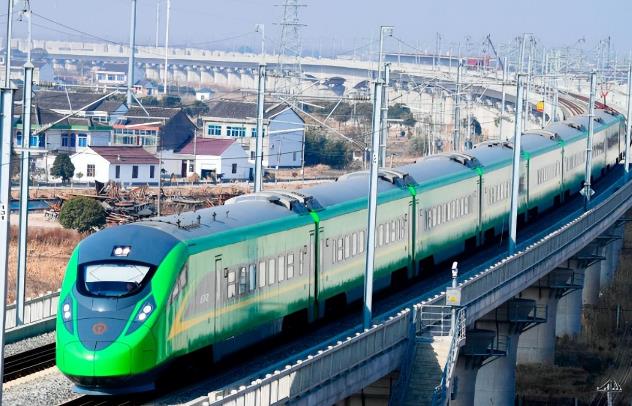Malaysia’s High-Speed Rail Dilemma: Japan Withdraws from Bidding, Unwilling to Be the ‘Fall Guy’ Anymore
Japan recently announced its withdrawal from the bidding process for the Kuala Lumpur-Singapore High-Speed Rail project, a move that Malaysian Transport Minister Loke Siew Fook claims will have no impact as numerous companies remain interested in the project.

This high-speed rail, stretching about 350 kilometers and with a total investment exceeding 100 billion yuan, has been a subject of keen interest since the bilateral agreement between Singapore and Malaysia in 2016. Once completed, it would reduce travel time between the two countries to an hour and a half, significantly enhancing personnel mobility and economic development. However, the project has faced numerous setbacks, leading to its eventual cancellation and Malaysia compensating Singapore a substantial amount.
The project, proposed by then-Prime Minister Najib Razak, has spanned three Malaysian governments. After Najib’s defeat in the 2018 elections, the project passed to Mahathir Mohamad’s administration, which was not in favor of it. After several delays, the project was jointly declared void by Malaysia and Singapore in 2021.
Two years later, the Malaysian government announced plans to restart the project, attracting interest from global high-speed rail companies given its status as one of Southeast Asia’s largest infrastructure projects. Japan, under former Prime Minister Shinzo Abe, had initially been very active in promoting the Shinkansen system for this project. However, Japanese companies later realized the project was fraught with challenges.
Initially, China was contracted for the project, but Mahathir halted it to distance his administration from his predecessor’s political legacy. It was only after seeing progress in Indonesia’s Jakarta-Bandung High-Speed Rail that Mahathir considered restarting the Kuala Lumpur-Singapore project.
However, given Malaysia’s history of contract breaches, companies from China, Japan, and Europe grew hesitant, especially Japan. According to international media, East Japan Railway Company backed out of the bidding, citing ‘unacceptable risks’ as the Malaysian government was reluctant to fund or guarantee the project, preferring private financing.
Despite Malaysia claiming that over 700 companies showed interest at a consultation meeting, Japanese companies did not believe this financing model was feasible for such a large-scale project, leading to their withdrawal.
Japan has faced several setbacks in exporting its railway technology, including a 16-year-stalled project in Vietnam and a high-speed rail project in India, signed in 2016 by Shinzo Abe, which has yet to be completed. With Abe’s assassination and Fumio Kishida’s lack of interest in pouring more money into this bottomless pit, the India-Japan high-speed rail project remains unfinished.